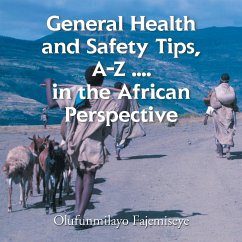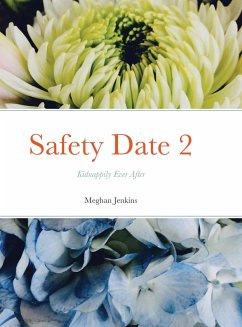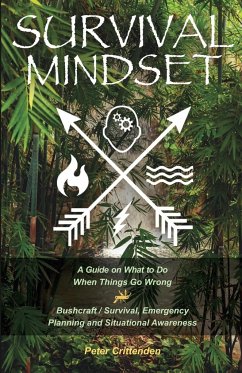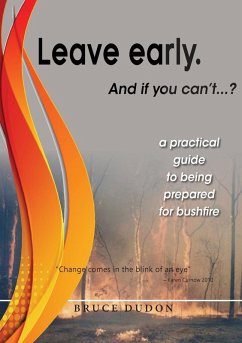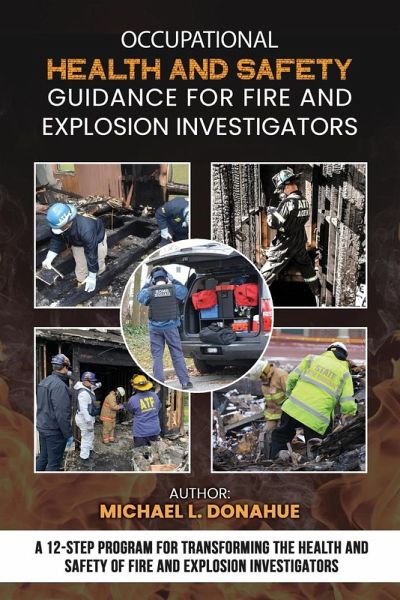
Occupational Health and Safety Guidance for Fire and Explosion Investigators
A 12-Step Program for Transforming the Health and Safety of Fire and Explosion Investigators
Versandkostenfrei!
Versandfertig in 1-2 Wochen
30,99 €
inkl. MwSt.

PAYBACK Punkte
15 °P sammeln!
Fire and explosion investigators across federal, state, local, and private sectors, as well as self-employed professionals, routinely encounter hundreds of incidents daily. These scenes pose numerous health and safety risks, potentially leading to injuries, illnesses, and fatalities if not responsibly managed. Ensuring the health, safety, and well-being of all responders, including firefighting personnel and investigators, is paramount. Investigators have the unique task of determining the origin, cause, and responsibility of these events, often confronting complex and dangerous health and saf...
Fire and explosion investigators across federal, state, local, and private sectors, as well as self-employed professionals, routinely encounter hundreds of incidents daily. These scenes pose numerous health and safety risks, potentially leading to injuries, illnesses, and fatalities if not responsibly managed. Ensuring the health, safety, and well-being of all responders, including firefighting personnel and investigators, is paramount. Investigators have the unique task of determining the origin, cause, and responsibility of these events, often confronting complex and dangerous health and safety-related challenges. Historically, many organizations and investigators have underestimated the risks associated with fire and explosion scene investigations, resulting in insufficient attention and funding for health and safety-related equipment, programs, and training. However, the acute and chronic adverse health effects on firefighters have driven decades of research and studies, leading to increased awareness and funding for essential equipment, programs, and training. The focus on firefighters' health and safety should also extend to fire and explosion investigators, addressing their immediate and long-term needs and well-being. Fire and explosion sites present a range of risks, including physical, chemical, toxicological, and biological hazards. Investigators must contend with respiratory threats from burning materials and plastic furnishings, which release a cocktail of toxic and carcinogenic compounds. They also face dangers from concealed electrical hazards in standing water, hidden floor openings, slippery surfaces, unstable structures, and leaking gas lines. Many other unseen dangers can harm those who fail to recognize and mitigate them effectively. The health and safety of investigators depend on their sensory perception and situational awareness abilities, which are essential for conducting thorough hazard and risk assessments and the documentation of proper safety measures. Vigilance, ongoing training, and strict adherence to safety protocols are vital for investigators working in these hazardous environments. The 12-Step Program for Transforming the Health and Safety of Fire and Explosion Investigators, detailed in this book, provides a comprehensive blueprint for developing and implementing robust occupational health and safety policies, programs, practices, and training essential for protecting investigators throughout their careers and into retirement.



